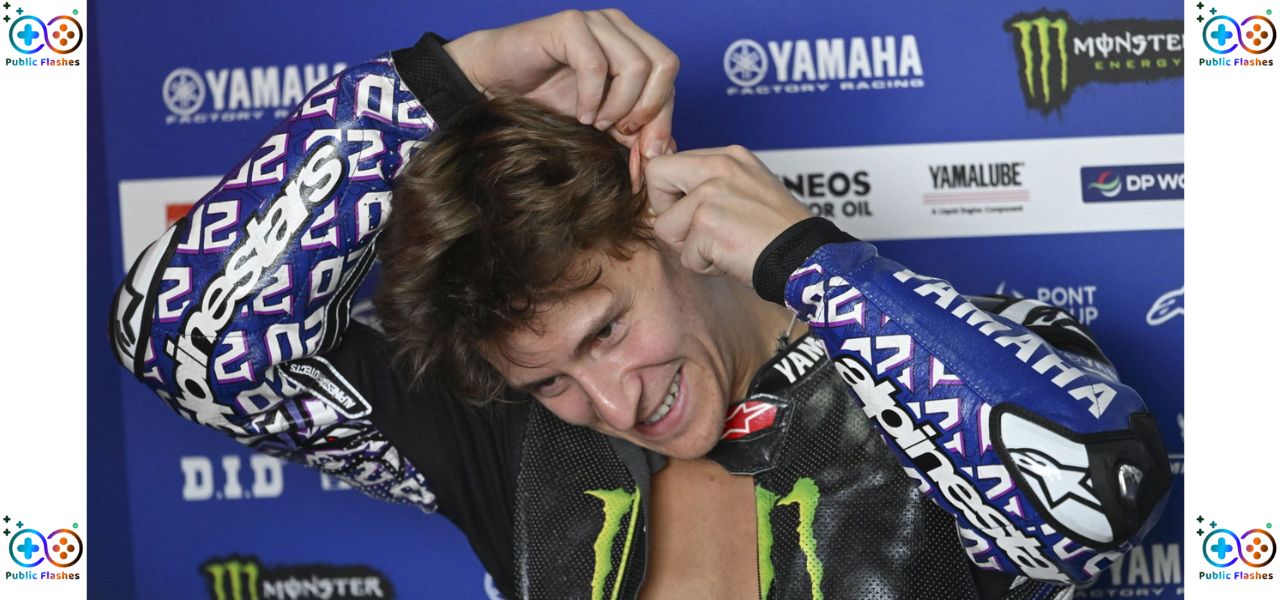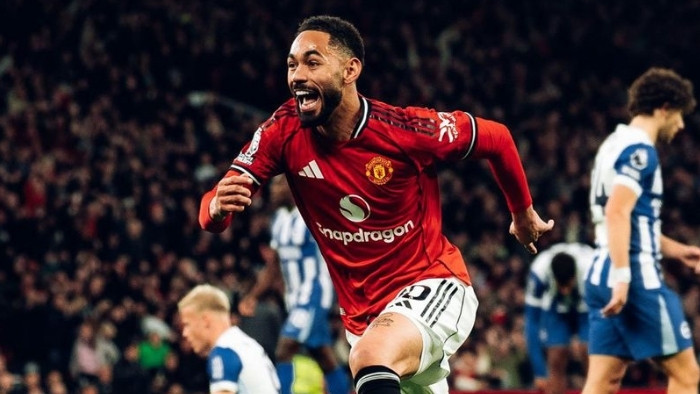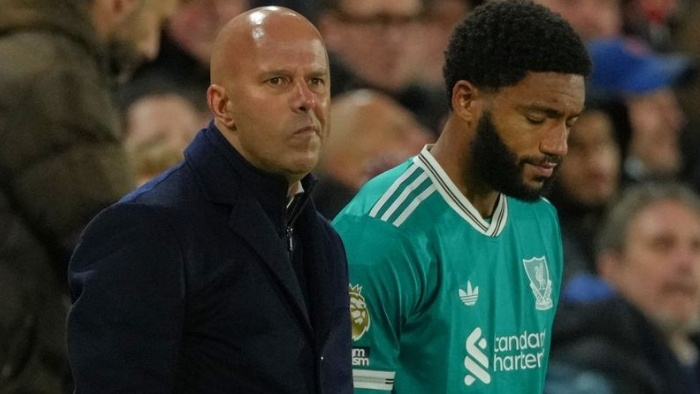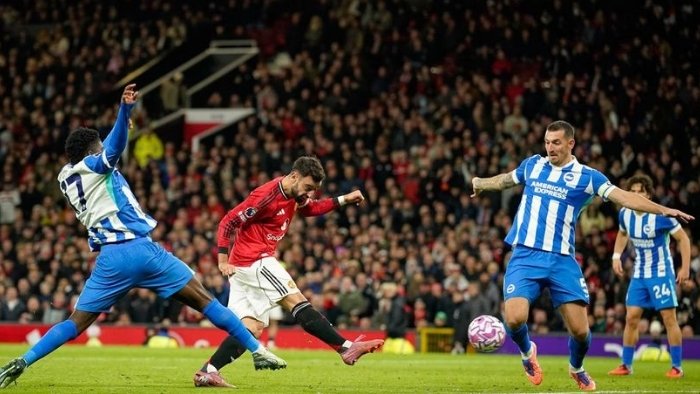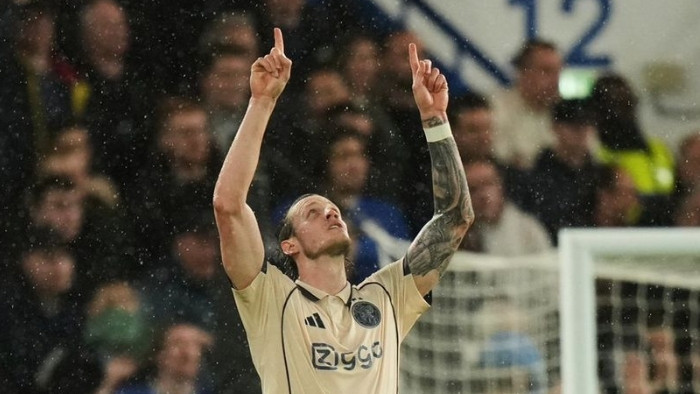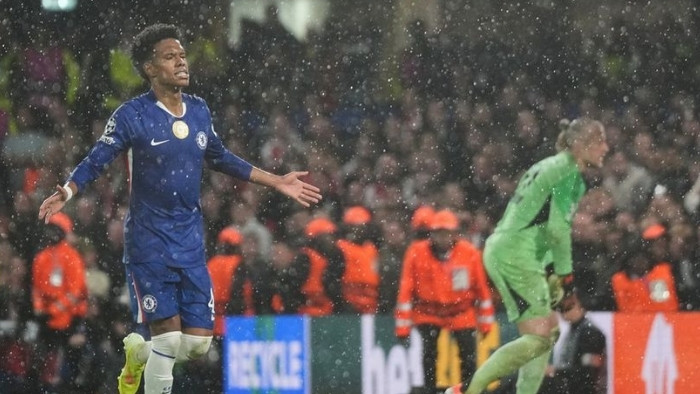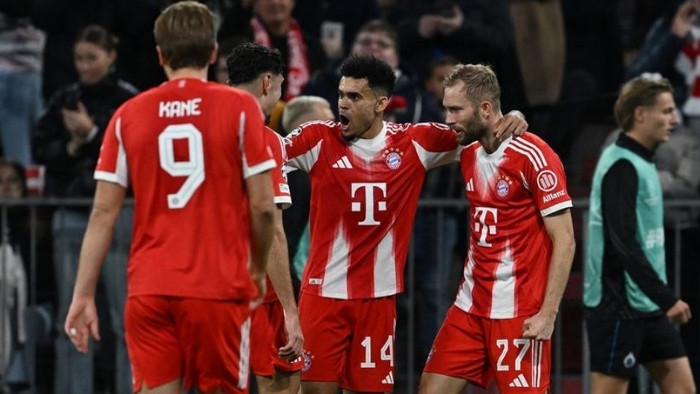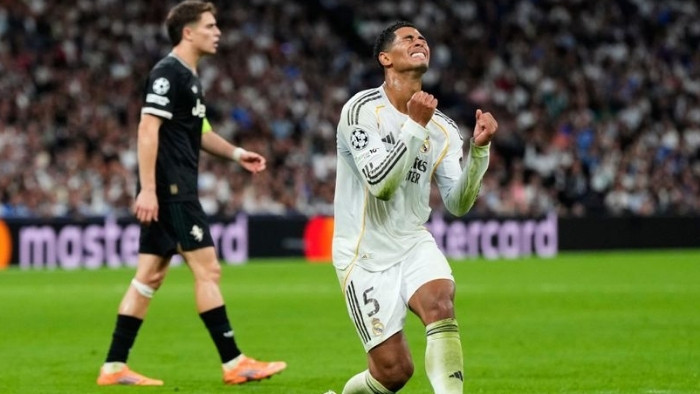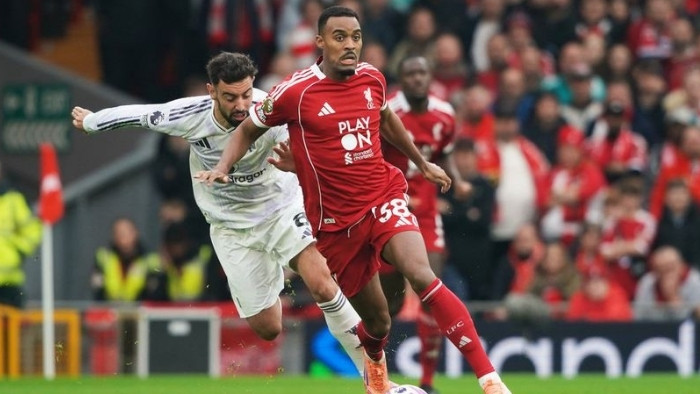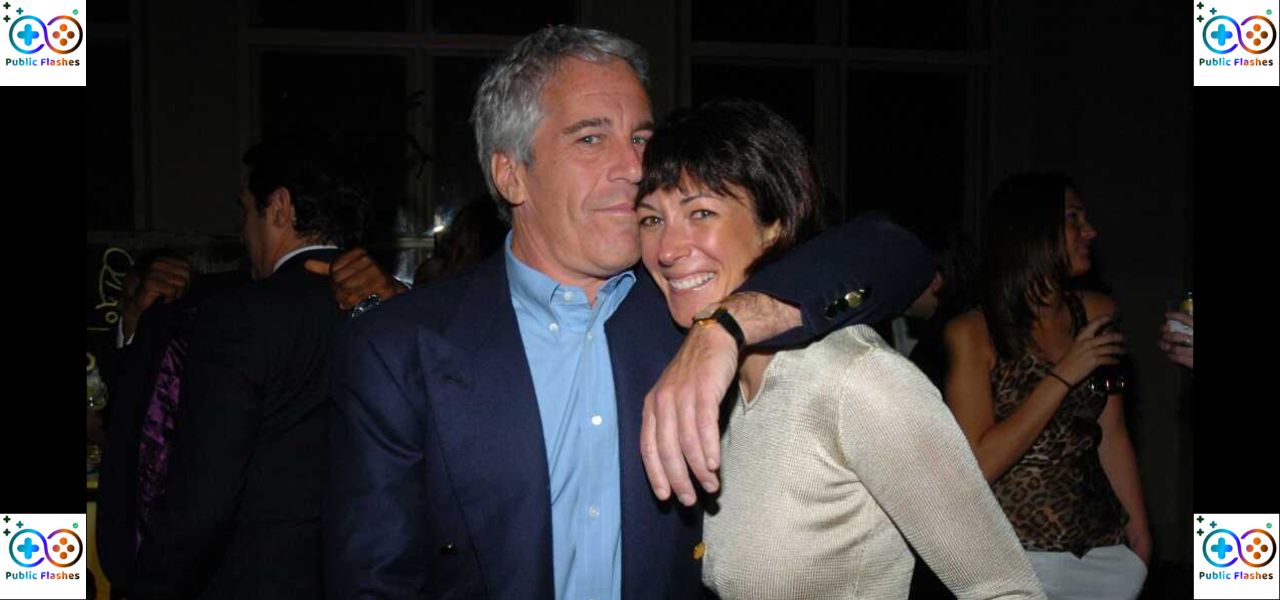Maresca Bold Strategy: Chelsea Don’t Need a 40-Goal Striker
Ahead of Fluminense Clash, Chelsea Boss Breaks Convention
Chelsea manager Enzo Maresca spoke confidently before the Club World Cup semifinal clash against Fluminense. The Italian coach shared insights into his team’s mindset, especially regarding how goals should be distributed throughout the season.
Rather than depending on one prolific striker, Maresca prefers collective strength. This vision not only defines his tactical approach but also reflects the deeper DNA he is shaping at Stamford Bridge.
Pressure and Pride of Wearing the No.9 Shirt
Ahead of the Fluminense match, Maresca addressed the responsibility carried by his three main attackers: Liam Delap, Nicolas Jackson, and Joao Pedro. Unfortunately, Delap will miss the crucial game, opening the door for the other two to shine.
Interestingly, Maresca emphasized that being a No.9 at Chelsea goes beyond scoring goals. It demands an understanding of the club’s proud history and the expectations that come with it.
“They know exactly what it means to be a No.9 at Chelsea,” said Maresca during the press conference. “They understand the pressure, the legacy, and the high standards that come with that shirt.”
This mindset shows Maresca’s emphasis on character. He seeks players who not only perform but also carry the emotional and historical weight of the badge.
Not Just Goals, But Shared Glory
Most coaches dream of a striker who scores 40 goals in a season. But not Maresca. His vision challenges traditional beliefs. He believes in shared responsibility, preferring four or five players each scoring 10–12 goals.
“I’ve said it many times,” Maresca admitted. “I’d rather have several players scoring 10 or 12 than one scoring 40.”
This philosophy encourages collective effort and makes the team more unpredictable. If one striker is unavailable, others can fill the void. Such balance reduces overdependence and increases flexibility.
In his words, “We expect more goals next season from all our attacking players.” Clearly, Maresca envisions a dynamic squad where every attacker plays a part in winning games.
Caicedo’s Return: A Boost to Chelsea’s Midfield
Maresca didn’t just talk about strikers. He heaped praise on Moises Caicedo, calling him one of Chelsea’s most important players. The Ecuadorian midfielder returns from suspension just in time to make an impact against Fluminense.
“Moi has been one of our best players this season,” said Maresca. “We are stronger when he’s on the pitch. His presence boosts the entire team.”
Caicedo’s work ethic and ball-winning ability allow others to flourish. With him in the lineup, Chelsea gain stability and a strong defensive anchor. That, in turn, allows the forwards to focus more on attacking roles.
Joao Pedro’s Versatility vs Jackson’s Focus
While Nicolas Jackson is seen as a pure striker, Maresca revealed Joao Pedro’s versatility as a key weapon. According to the Italian coach, Pedro can adapt to any attacking role—central, wide, or even deep.
“Joao Pedro can play anywhere in the front line,” Maresca explained. “Nico, on the other hand, is more of a classic No.9. That’s the main difference between them.”
Such flexibility gives Maresca more options in building starting lineups. When injuries or suspensions occur, players like Pedro become vital assets. They offer creativity and unpredictability, which are key in big matches like the Club World Cup semifinal.
The Bigger Picture: Building a Team, Not Just a Star
Maresca’s approach is not about creating one superstar. It’s about fostering a unit. Every player must understand their role and contribute—whether through goals, assists, pressing, or off-the-ball movement.
This philosophy also aligns with modern football’s trends. Teams that rely on one player often suffer when that star is injured or out of form. By spreading responsibilities, Chelsea increase their chances of long-term success.
It’s a strategy that worked for past champions, from Spain’s tiki-taka teams to Manchester City under Pep Guardiola. Maresca, a former assistant to Pep, seems to carry that same belief in collective excellence.
Final Words: A New Chelsea Taking Shape
Chelsea’s journey under Enzo Maresca is more than a tactical shift. It represents a cultural change. The Blues are no longer chasing a traditional 40-goal hero. Instead, they aim to build a team where everyone scores, defends, and works together.
Ahead of the Fluminense semifinal, this philosophy will be tested. Can Chelsea’s collective power overcome the South American giants?
One thing is clear: under Maresca, Chelsea are not just aiming to win. They want to redefine how victories are built—together.
Read too: Calhanoglu Out? Inter Milan Target Turkish Star Kokcu


